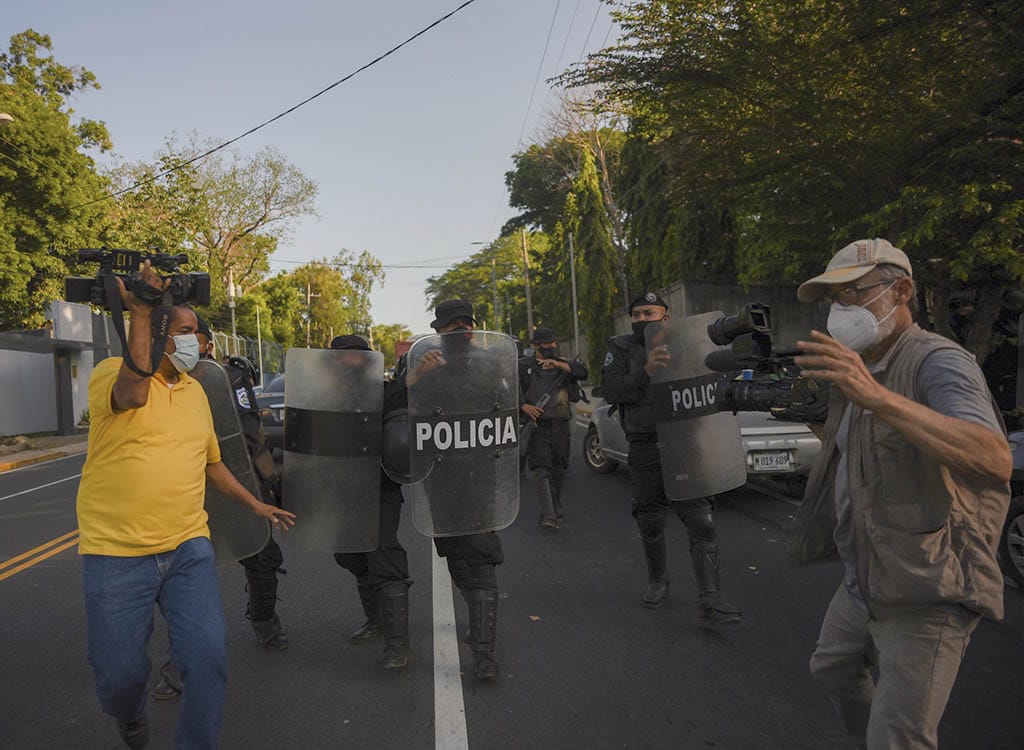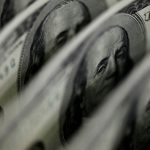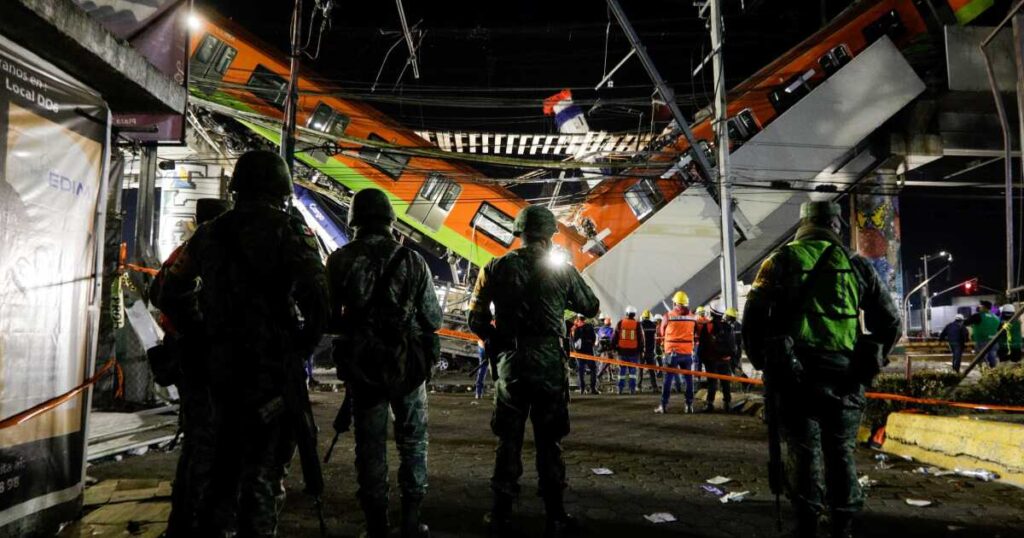Nicaragua occupies position 160 in the 2022 World Press Freedom Index, prepared by the organization Reporters Without Borders (RSF), which makes it, by dropping 39 positions, the protagonist of the “greatest disaster” in freedom of expression.
The report presented on the occasion of World Press Freedom Day warns that by occupying position 160 of 180 countries evaluated, Nicaragua is one of the 27 countries that is in the “red zone” of the classification.
“The parody of elections organized in November 2021, which led Daniel Ortea to his fourth consecutive term as president, has been followed by a fierce persecution against critical voices. The last bastions of the independent press are under siege and the vast majority of independent journalists, threatened by abusive legal actions, have had to flee the country”, the report states.
“A real nightmare”
The RSF document warns that “the independent press continues to live a real nightmare”, which includes censorship, intimidation and threats.
“Journalists are stigmatized and face harassment campaigns, arbitrary arrests and death threats,” they detail.
World Press Freedom Index 2022 #RSFIndex: The new era of polarization
▶️ Information chaos and media polarization erode democracieshttps://t.co/1a7fCaG2oE#WorldPressFreedomDay pic.twitter.com/XhMr5JHLVW
— RSF in Spanish (@RSF_esp) May 3, 2022
They mention that in 2021, the National Police seized, without a court order, the facilities of the newspaper La Prensa, which continue to be occupied, which constitutes “one of the many abuses that are part of the wave of arrests of directors and journalists from different media, accused for cases of money laundering or treason (against the country), in which there is no evidence against him.”
repressive laws
They denounce that the Government of Daniel Ortega, after the 2018 protests, “prepared a series of laws (approved in 2020) that have allowed it to target opponents and independent journalists throughout 2021.”
One of them is the Special Law on Cybercrimes, known as the Gag Law “which allowed journalist Miguel Mendoza and two other citizens to be sentenced for the simple fact of criticizing the Government on social networks.”
“It is not safe to practice independent journalism in Nicaragua. The journalists who remain inside the country work very discreetly and do not even sign their articles to avoid reprisals. Working with a video or photographic camera on public roads endangers the person who uses it and is usually confiscated. Reports are practically no longer carried out on the street, ”says the agency.
In the red zone of the Classification are countries such as Russia (155), Venezuela (159), Cuba (173), China (175) and North Korea, which occupies the last position (180).
PCIN reports 1,520 attacks on press freedom in 2021
The organization Nicaraguan Independent Journalists and Communicators (PCIN) presented its annual report on attacks on journalists and media outlets in Nicaragua on Tuesday, stating that 2021 was a tough year for Nicaraguan journalism, which “continues to be the target of attacks and censorship by of state actors, particularly the Police, the Public Ministry, the vice-presidency, the judicial authorities, and vigilante groups.”
The PCIN Observatory recorded 1,520 attacks on freedom of the press throughout last year, 14.14% of which occurred in November in the context of general votes in which Ortega was re-elected in questionable elections.
They explain that the aggressions that occurred the most were harassment (197 cases), intimidation (180), hindrance or obstruction of the journalistic exercise (140), harassment (134) and harassment (119).
Managua is the department where there were more attacks on journalists, followed by the Autonomous Region of the South Caribbean Coast, Matagalpa and Masaya.
An increasingly toxic environment in Latin America
The organization indicates that in almost the entire continent, journalists “carry out their informative work in an increasingly deteriorated and toxic environment” and as was the case in 2020, “the coronavirus crisis has accelerated censorship, has generated serious economic difficulties for the press and has posed serious obstacles to accessing information on the management of the pandemic by the governments of Latin America.”
They explain that “distrust of the press has continued to gain ground, fueled by rhetoric against the media and a generalization of stigmatizing speeches by the political class,” especially in Brazil (position 110 in the Classification), Cuba (173), Venezuela (159), Nicaragua (160) and El Salvador (112).
“Increasingly visible and virulent, these public attacks weaken the profession and encourage abusive judicial proceedings, smear campaigns and intimidation – especially against women – and online harassment against critical journalists,” RSF highlights in its analysis of the classification. .
The situation in El Salvador, “which registers for the second consecutive year one of the steepest falls in Latin America (-30), is also extremely worrying.”
“Since coming to power in 2019, President Nayib Bukele has played the dangerous game of multiplying attacks and threats against journalists critical of his Administration, thus creating the image of a press that is the enemy of the people. This authoritarian drift is accompanied by changes in the legal framework (such as the “Foreign Agents Law” or other modifications of the penal code) that make the work of the press even more complex,” the report points out.
With at least seven journalists murdered in 2021, Mexico (127) “remains the deadliest country in the world for the press and ranks 179th out of 180 in the security indicator for journalists.”
The only exception in Latin America is Costa Rica, which is ranked 8th on the list, among the best.

















